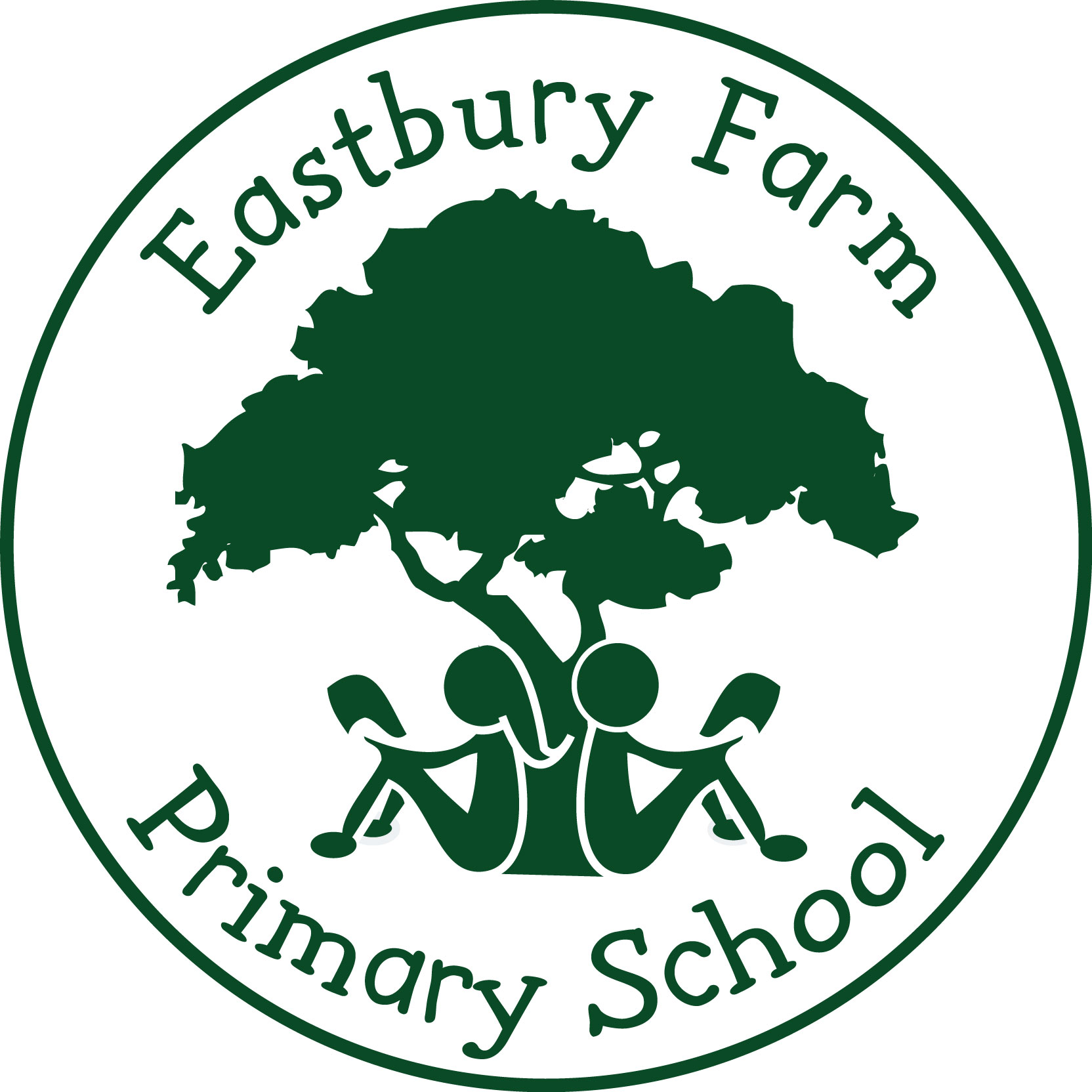Early Years Foundation Stage
At Eastbury Farm Primary School we have a 30 hour Nursery session and two Reception classes-each led by a qualified teacher and supported by Early Years Practitioners.
Nursery-Birch
Mrs Brand – Nursery class teacher
Mrs Rowe-AM
Mrs Fraser-AM
Mrs Garside-PM
Mrs Holt-PM
Reception -Cedar A
Mrs Lilley- Early Years Leader and Class A teacher
Mrs Yeomans- Early Years Practitioner
Reception-Cedar B
Ms Lydon- Cedar class teacher
Mrs Kelly- Early Years Practitioner
At Eastbury Farm we follow the Statutory Guidance for the EYFS. This sets out seven areas of learning for children from birth to five.
Three areas are particularly important for building a foundation for igniting children’s curiosity and enthusiasm for learning, forming relationships and thriving.
These are the prime areas:
- communication and language
- physical development
- personal, social and emotional development
Providers must also support children in four specific areas, through which the three prime areas are strengthened and applied.
The specific areas are:
- literacy
- mathematics
- understanding the world
- expressive arts and design
(DfE September 2021)
We have used these as a starting point to create our own sequenced Long-Term Plans which identifies the learning and progression that takes place across the year. This is a working document that is constantly evolving to adapt to the needs and interest of the children and builds on their starting points. Our curriculum goals identify the ambitions that we have for our children to prepare them for the next stage of their education. At the end of the Reception year children are assessed against the Early Learning Goals through the Early Years Profile.
Our Curriculum Goals
Communication and LanguageTo be able to listen carefully in various situations, hold a conversation with others, ask relevant questions and use new vocabulary to explain ideas and feelings. To confidently sing well known songs and rhymes and say a line in class assembly or Christmas production. To be able to recite a simple poem with actions. |
Personal, Social and Emotional DevelopmentTo follow our school values, set simple goals and persevere to achieve them select resources, manage their own personal needs, and know how to stay fit and healthy. To be kind to others, caring and helpful, show empathy and respect to others, works, and play co-operatively, can identify, and express their feelings and consider the feelings of others. Children begin to think of ways to solve problems with others. To begin to regulate, recognise and describe their own feelings and the feelings of others using the colour monster to begin with and then the Zone of Regulation in the summer term to prepare the children for the transition into Key Stage 1. |
Physical DevelopmentTo move confidently and safely in a variety of different ways, uses a range of equipment safely, shows strength, balance and co-ordination when playing. To hold a pencil effectively using a comfortable grip, uses a range of tools (for example cutlery, paintbrushes, tweezers, scissors safely and with confidence) |
LiteracyWho shows a love for reading, uses new vocabulary to talk about what they have read or has been read to them, read words and simple sentences (using simple sounds and diagraphs that they have learnt) as well as a range of words which are harder to read and spell. To be able to confidently share their writing to others, writes letters that are correctly formed, writes words and simple sentences (using single sounds and diagraphs) they have been taught, can think creatively, and share their ideas with others. |
MathsTo show a deep understanding of numbers to 10, recognises patterns within the number system, subitise, compare quantities and recall number bonds, using mathematical vocabulary to explain their ideas and solve simple real-life problems. |
Understanding the worldTo be curious about the world around them and notices the changes that take place around them, begins to explore reading and creating simple maps, understand differences between times and places and environments. To help to look after their community and care for their local environment, understand the seasonal and natural processes that happen in the environment including growing flowers, fruits and vegetables and care for the living things and the environment. To have an awareness and respect for other cultures and beliefs. |
Expressive Arts and DesignTo be able to re-tell a simple story or poem with expression and confidence, play a range of instruments correctly, recite and perform simple songs, poems, or dances. To be able to independently select and use safely the resources they need to make their own creations, talk about what they have made and how they have made it. To be able to refine and adapt their creations they have made. |
